
Wix and Elementor are two popular website builders that allow users to create and customize their websites without needing to code. Wix is a cloud-based platform that offers a range of templates and drag-and-drop editing capabilities, making it easy for beginners to create a website. Elementor, on the other hand, is a WordPress plugin that offers more advanced design capabilities and customization options, making it a popular choice for more experienced users.
This post provides a comprehensive review of both Wix and Elementor, comparing their features and capabilities to help users choose which platform is best for their needs. The review looks at factors such as pricing, ease of use, design flexibility, and customer support, providing a detailed comparison of each platform's strengths and weaknesses, providing users a better understanding of which website builder is best suited to their needs, whether they're looking to create a simple personal blog or a complex eCommerce store.
Wix Vs. Elementor: Comparative Review
Wix and Elementor are both website builders that allow you to create a website without needing to code. However, they have different approaches and features. Here's a comparative overview between the two programs:
|
Price |
Ease of Use |
Design and Customization |
Features and Functionality |
Customer Support |
|
|
Wix |
$4.50 per month |
|
|
|
|
|
Elementor |
$59 per year |
|
|
|
|
Pricing and Value: Wix or Elementor
When it comes to pricing, both Wix and Elementor offer a range of plans to suit different budgets and needs. However, there are some differences in value for money.
Pricing Plans: Overview
|
Free |
Connect Domain |
Combo |
Unlimited |
VIP |
|
|
Wix |
$0.00 per month |
$4.50 per month |
$8.50 per month |
$12.50 per month |
$24.50 per month |
|
Essential |
Advanced |
Expert |
Agency |
||
|
Elementor |
$59 per year |
$99 per year |
$199 per year |
$399 per year |
Both Wix and Elementor offer a range of pricing plans to suit different needs and budgets. Wix's most basic plan is the free plan, which comes with limited features and Wix branding on your site. To access more advanced features, you'll need to upgrade to one of Wix's premium plans, which range from $4.50 to $24.50 per month. Wix's premium plans include a custom domain, varying amounts of storage and bandwidth, and additional features such as a site booster app and a form builder app. The VIP plan costs $24.50 per month and includes 35GB of storage, unlimited bandwidth, and a free domain for one year, as well as priority support.
Elementor's pricing plans are based on the number of sites you need to use the plugin on. The Essential plan costs $59 per year and includes one site license. The Advanced plan costs $99 per year and includes three site licenses. The Expert plan costs $199 per year and includes 25 site licenses. The Agency plan costs $399 per year and includes up to 1000 licenses, making it a good option for agencies and freelancers All of Elementor's plans include one year of support and updates, and there is a 30-day money-back guarantee.
Value of Money
When comparing the value of money between Wix and Elementor, it's important to consider what features and capabilities each platform offers for the price. While Wix has a free plan, it comes with limited features and Wix branding on your site. To access more advanced features like eCommerce and priority support, you'll need to upgrade to one of Wix's premium plans, which range from $12.50 to $24.50 per month.
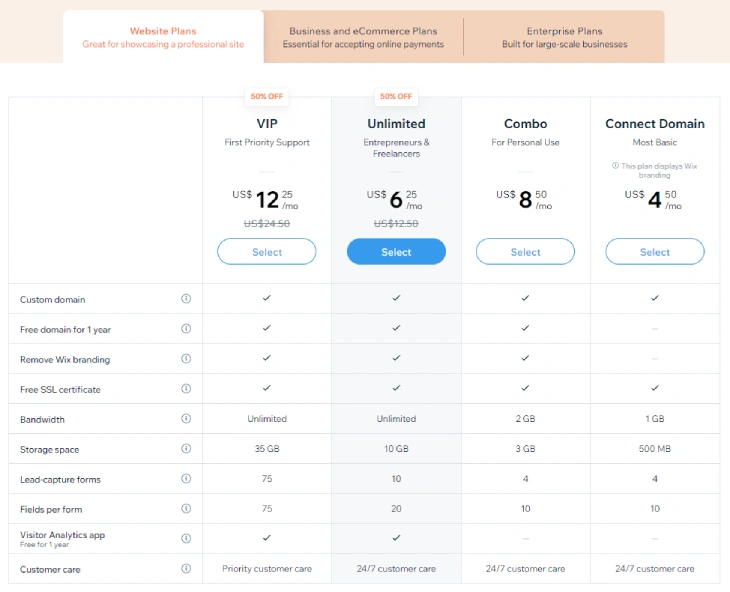
Elementor, on the other hand, offers a free version of its plugin that includes basic features, as well as a Pro version starting at $49 per year. The Pro version includes advanced features like a theme builder, popup builder, and form builder, making it a better value for those who need more advanced capabilities. Additionally, Elementor integrates with a wide range of third-party tools and plugins, allowing for even more functionality without the need for expensive add-ons.
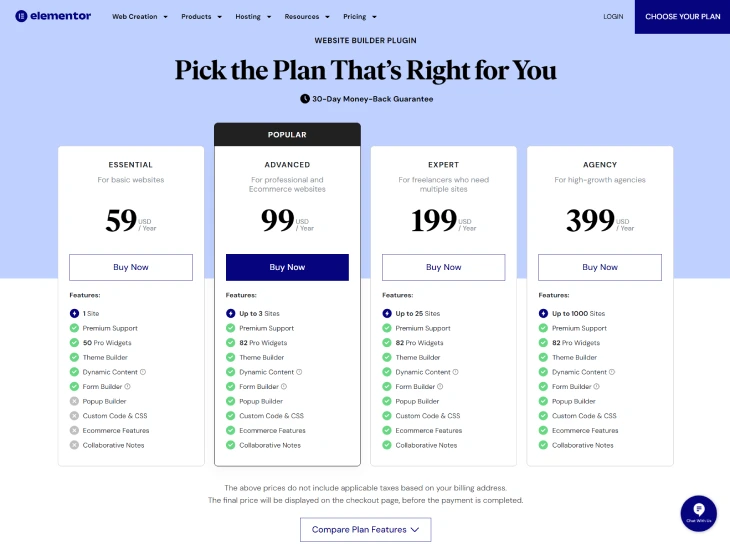
Ease of Use: Wix or Elementor
Both Wix and Elementor are designed to be user-friendly, but they have different approaches to website building.
Drag-and-Drop Editors
Both Wix and Elementor use drag-and-drop editors to make it easy for users to build their websites. However, there are some differences in how each platform's editor works. Wix's editor uses absolute positioning, which means that elements are placed in a fixed position on the page. This can make it difficult to create responsive designs that look good on different devices and screen sizes.
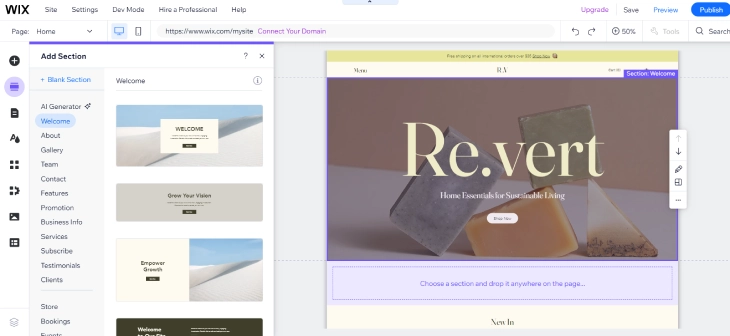
Elementor's editor, on the other hand, is powered by WordPress and uses relative positioning, which means that elements are positioned relative to each other. This makes creating responsive designs that adapt to different screen sizes and devices easier. Additionally, Elementor's editor offers more advanced design capabilities, such as custom CSS and the ability to create complex layouts with columns and nested sections.
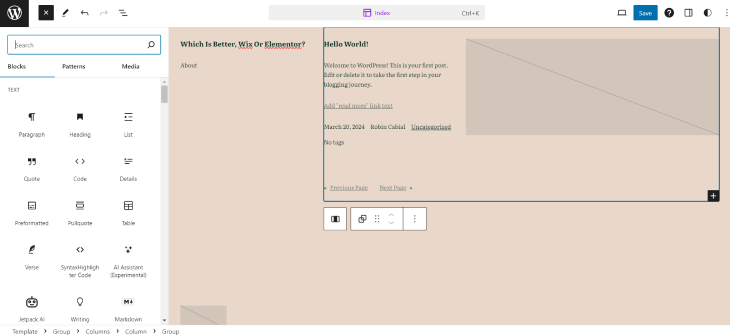
Site Navigation and Editing
When it comes to navigating and editing your website, both Wix and Elementor have their approaches. Wix's site navigation is straightforward, with a clear menu on the left-hand side. However, editing can be a bit cumbersome, as you need to click on each element to edit it. This can be time-consuming, especially if you need to make multiple changes to different elements on the same page.
Elementor's site navigation is also clear, with a menu on the left-hand side. However, editing is much easier, as you can simply click on an element to edit it. This makes it much faster to make changes to different elements on the same page, as you don't need to navigate through multiple menus and submenus. Additionally, Elementor's editor allows for more advanced customization options, such as the ability to add custom CSS and create complex layouts with columns and nested sections.
Design and Customization: Wix or Elementor
Both Wix and Elementor offer a range of templates and design options, but there are some differences in flexibility.
Templates
Both Wix and Elementor offer a range of templates to help users get started with their website design. However, there are some differences in the flexibility and customization options of each platform's templates. Wix offers over 500 free templates, all of which are fully customizable. However, once you've chosen a template, you can't switch to a different one without losing your content.
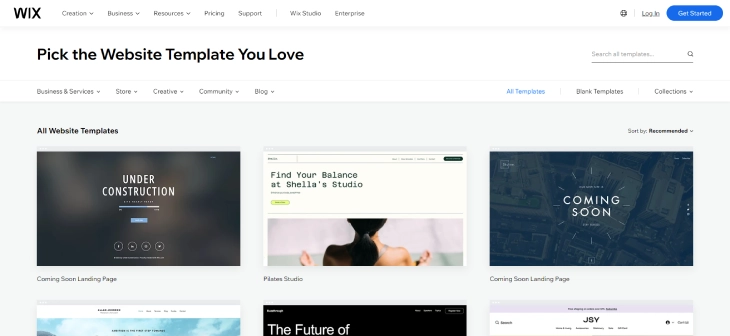
Elementor offers fewer templates than Wix, but they are more flexible and customizable. Elementor's templates can be customized with the theme builder, which allows you to create a unique design for your site. Additionally, Elementor's templates are designed to be more modular, allowing you to mix and match different elements to create a truly customized design.
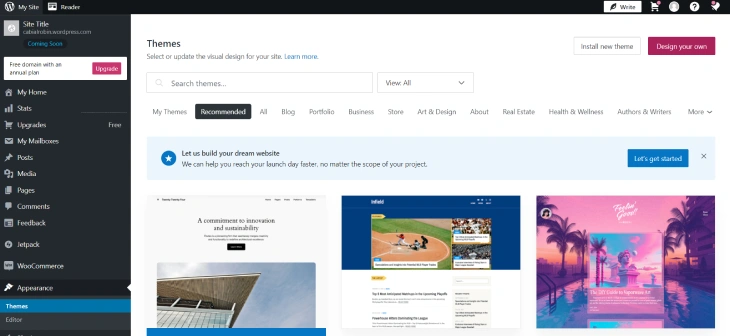
Design Flexibility
When it comes to design flexibility, Elementor is the clear winner over Wix. Elementor's relative positioning and advanced design capabilities make it much easier to create complex and unique designs. Elementor also offers a wider range of design elements, such as widgets, icons, and animations, that can be used to enhance your site's design.
Wix's design flexibility is limited by its absolute positioning, which can make it difficult to create responsive designs. Additionally, while Wix offers a range of design features, such as animations and scroll effects, they can be difficult to customize and may not always work well with all templates.
for more creative freedom and the ability to create a truly unique site.
Features and Functionality: Wix or Elementor
Both Wix and Elementor offer a range of features and functionality, but there are some differences in eCommerce, SEO, and third-party integrations.
eCommerce
Both Wix and Elementor offer eCommerce capabilities, but there are some differences in how each platform approaches online sales. Wix eCommerce offers a range of eCommerce features, including product pages, shopping carts, and payment gateways. However, Wix's eCommerce plans are more expensive than its standard plans, and may not be suitable for larger online stores.
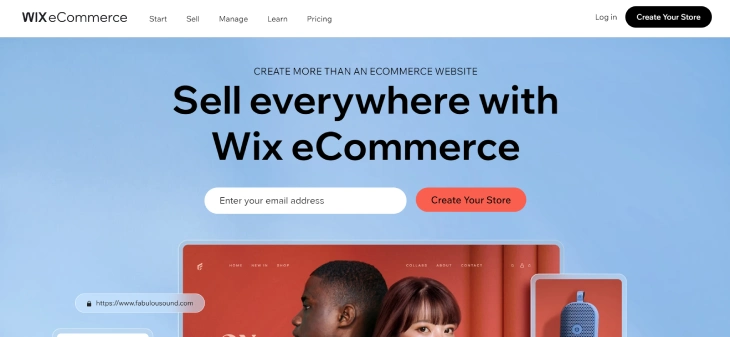
Elementor offers eCommerce capabilities through its Pro version, which includes a WooCommerce builder. WooCommerce is a popular eCommerce plugin for WordPress, and the WooCommerce builder allows you to create a fully customized online store using Elementor's drag-and-drop editor. This makes it easier to create a unique online store that stands out from the competition.
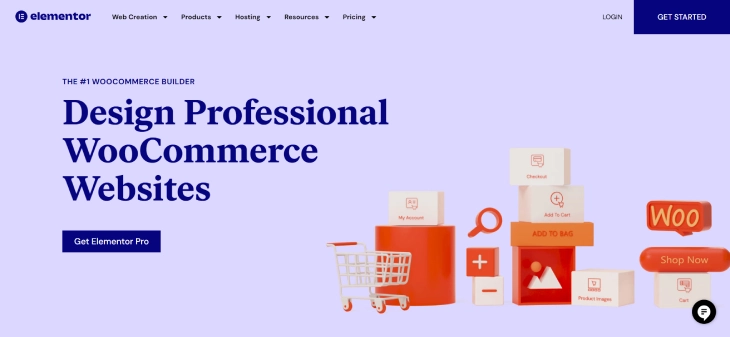
SEO
Search engine optimization (SEO) is an important consideration for any website, and both Wix and Elementor offer SEO capabilities. However, there are some differences in how each platform approaches SEO. Wix offers basic SEO features, such as customizable meta tags and URLs. However, Wix's SEO capabilities are not as advanced as some other platforms, and may not be suitable for more complex SEO strategies.
Elementor offers more advanced SEO capabilities, such as schema markup and customizable meta tags. Additionally, Elementor integrates with popular SEO plugins, such as Yoast SEO, making it easier to optimize your site for search engines.
Third-Party Integrations
Both Wix and Elementor offer third-party integrations, which allow you to connect your site with other tools and services. However, there are some differences in the range and quality of integrations offered by each platform. Wix offers a range of third-party integrations, such as social media and email marketing. However, Wix's integrations are limited compared to some other platforms, and may not be suitable for more complex workflows.
Elementor offers a wider range of third-party integrations, thanks to its open-source nature. This allows for more flexibility and customization when it comes to integrating with other tools and services. Elementor integrates with popular tools such as Mailchimp, Google Analytics, and Zapier, making it easier to create complex workflows and automate tasks.
Customer Support: Wix or Elementor
Both Wix and Elementor offer customer support, but there are some differences in support channels and quality.
Support Channel
Both Wix and Elementor offer customer support, but there are some differences in the support channels offered by each platform. Wix offers support through email, phone, and a knowledge base. However, Wix's phone support is only available to premium users.
Elementor offers support through a knowledge base, a community forum, and email. Elementor also offers a live chat support option for Pro users. While Wix's phone support may be more convenient for some users, Elementor's live chat support can be a faster and more efficient way to get help.
Support Quality
The quality of customer support is an important consideration when choosing a website builder. Both Wix and Elementor offer customer support, but there are some differences in the quality of support offered by each platform. Wix's support quality is generally good, with helpful and knowledgeable support agents. However, response times can be slow, especially for email support.
Elementor's support quality is also good, with helpful and knowledgeable support agents. However, response times can be slower for free users. Additionally, because Elementor is an open-source platform, there is a large and active community of users who can provide support and answer questions. This can be a valuable resource for users who need help with more complex issues.
Conclusion: Which Is Better, Wix or Elementor?
Both Wix and Elementor are powerful website builders that offer a range of features and capabilities to suit different needs and preferences. While Wix is a great option for beginners who want an easy-to-use platform with a range of templates and customization options, Elementor offers more advanced design capabilities and flexibility, making it a better choice for more experienced users.
They also offer a range of plans to suit different budgets, with Elementor being generally more affordable for advanced features. While both platforms have drag-and-drop editors, Wix's absolute positioning can make responsive design more difficult. Elementor offers more advanced design capabilities and flexibility, but Wix's templates are more polished and professional-looking. Elementor's third-party integrations and WooCommerce builder make it a more powerful choice for complex websites, but the best choice ultimately depends on the user's specific needs, budget, and experience level.
* read the rest of the post and open up an offer